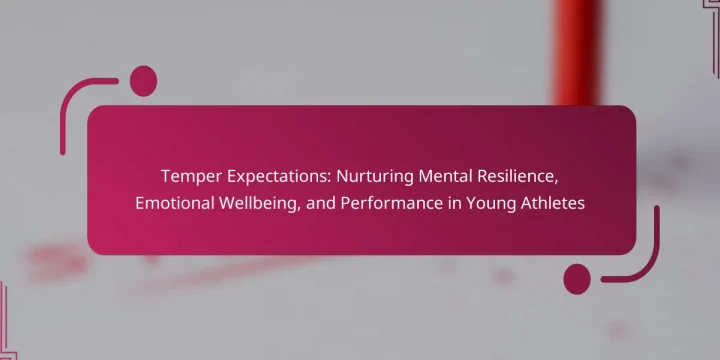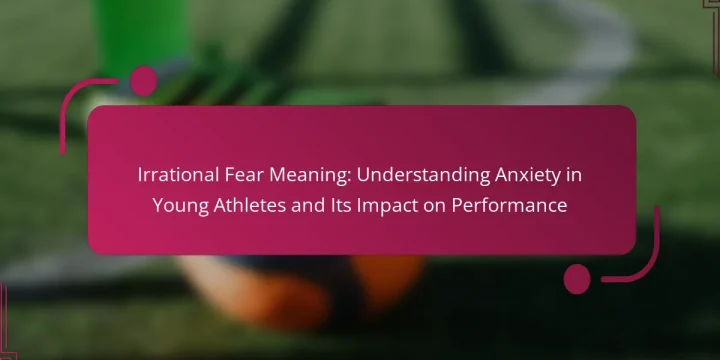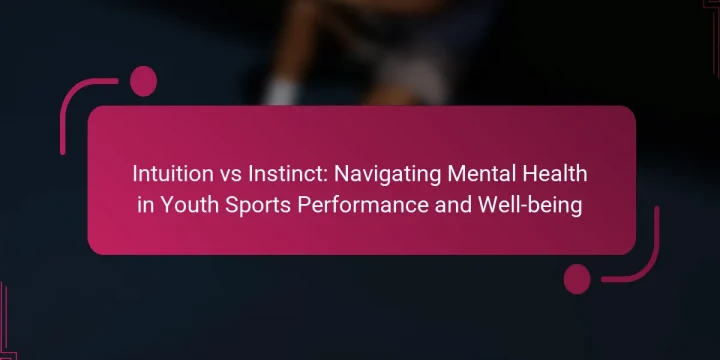
Empowering Young Athletes: Mental Health Support at Your Fingertips
In the fast-paced world of sports, young athletes often face unique pressures and challenges that can impact their mental well-being. This platform is dedicated to providing essential mental health support tailored specifically for youth engaged in sports. Whether you're an athlete, coach, or parent, you'll find valuable resources designed to foster resilience, promote emotional health, and encourage open conversations about mental wellness.
Our comprehensive approach includes expert articles, interactive workshops, and a supportive community where young athletes can share their experiences and learn from one another. By focusing on mental health in the sports arena, we aim to equip young individuals with the tools they need to navigate the complexities of competition, teamwork, and personal growth.
Why Mental Health Matters in Sports
Understanding the mental health challenges faced by young athletes is crucial. From performance anxiety to the pressures of social dynamics, the impact on mental well-being can be profound. This platform serves as a safe space for youth to explore these issues, seek guidance, and develop coping strategies that will not only enhance their athletic performance but also enrich their overall quality of life.
Join Our Community
- Access expert advice and tips on managing stress and anxiety.
- Participate in workshops focused on mental resilience and well-being.
- Connect with peers who share similar experiences and challenges.









